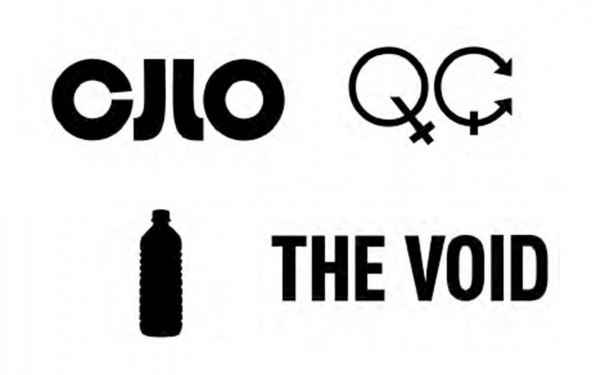The Battle for Broadcast Budgets
CJLO and CUTV Seek Fee Levy Increases
Students heading to the polls on Tuesday will decide the fate of Concordia’s broadcasting groups’ funding, as both CUTV and CJLO are seeking an increase in their fee levies.
Both stations plan on using some of the increased funding to pursue methods of reaching a wider audience. In CJLO’s case, they are pursuing a $0.09 per credit bump up to $0.34 that would see the station adding an FM repeater to their AM signal.
“Right now we are at a crossroads,” explained Concordia Student Broadcasting Corporation President and former The Link Editor Justin Giovannetti. “We have been on AM for three years and the Internet for eight years. We are here to serve the students. Acquiring an FM signal is the way to best fulfill that goal.”
Though there are several hurdles, such as surveys on how the signal will affect airplanes and briefings with the CRTC, the switch to an FM signal in the next two years is vital to the stations continued growth, according to Station Manager Stephanie Saretsky.
The new signal will be able to reach a wider audience, as the current Loyola-based signal is not clearly audible in the downtown core.
“It is time for the station to grow and become more sustainable, and that is the main thing we are trying to accomplish with more funding” says Saretsky.
While they have not prepared a full budget outlining all the expenses they will use the fee levy increase for, Saretsky did say that one thing they would like to do is offer more readily available rental recording equipment. The current gear is currently only available to students in the journalism program taking a radio class.
While CJLO is hoping to switch frequencies, CUTV is looking to switch mediums. Currently only available on their website and on muted screens around the Hall Building, they plan on using a portion of their $0.16 per credit increase—which would boost their total to $0.34 per credit—to begin broadcasting on cable television.
“We want to amplify the voices and concerns of students on tuition and other matters that the mainstream media does not report on,” said Station Manager Laura Kneale. “Voting for CUTV is voting for more adequate representation on our airwaves.”
While the short-term goal is a modest four hours of programming a week on VOX télé, according to a document titled “CUTV Strategic Plan 2011-2016,” the station plans to set aside between $165,000 and $200,000 to buy new equipment, including a $10,000 sound studio, $30,000 permanent camera setup and $4,000 worth of editing software.
“Voting for CUTV is to support media that students produce,” said Kneale. “It is a way of ensuring that Concordia has a more accessible and sustainable TV station for years to come.”

_edited_900_598_90.JPG)



web__600_375_90_s_c1.jpg)